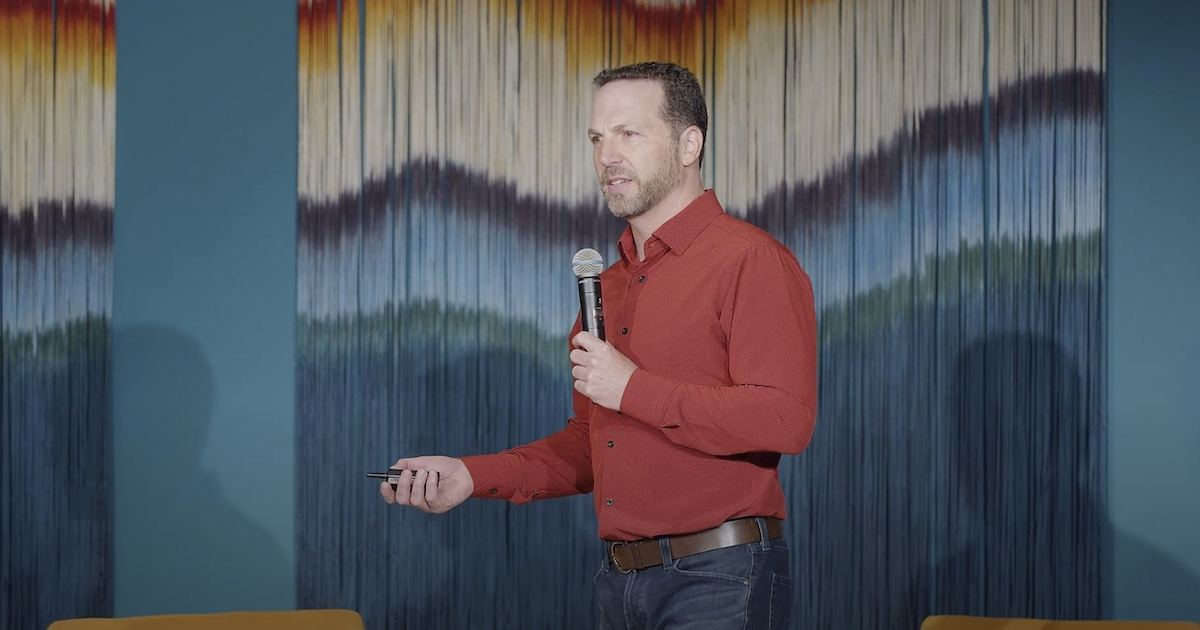In a recent interview with Architectural Digest, Christina Bryant of St. Frank, articulates how her philosophy of doing business differs from many:
The art history and cultural preservation component was something that we led with. We started to share more about our artisans because customers were interested. We started selling framed textiles because I thought art really lent itself to telling a story—that’s what we want and expect out of art. That kind of central DNA to our brand then evolved into other products. What we’re doing is fairly complex to explain to the consumer. We’ve been educated as consumers around this “get big, give back” model of a Warby Parker or a Toms, where it’s “If you purchase, we’ll donate something.” I think that’s awesome, but what I was passionate about, as someone who came from the development background, was creating quality jobs that can change communities in a meaningful way: working with partners who are providing jobs with fair wages, gender equality, and other means of support. That translates into a much larger dollar that’s going back to the artisan.
I say kudos to Christina for what she is doing. She is providing both meaningful products and insightful analysis behind a business model that is designed to benefit everyone with whom the company works. What’s surprising is that the title of the article is “How Home Decor Upstart St. Frank Defies Conscious Capitalism.” This is not unusual. It’s common for people to think that Conscious Capitalism simply means, “giving back.” However, this is a misconception.
Conscious Capitalism is a philosophy of business that seeks to move past the notion that businesses should “give back.” Instead, companies that implement Conscious Capitalism principles create so much value for everyone impacted by their business that there is no need to “give back.” They have given to everyone already in their normal operations.
Conscious Capitalism offers 4 tenets for companies to operate upon, Higher Purpose, Stakeholder Orientation, Conscious Leadership, and Conscious Culture. The first two, Higher Purpose and Stakeholder Orientation, orient a company away from merely a goal of maximizing net income to benefit shareholders above all else. These principles guide and help maintain the company’s focus on both the ultimate value it is creating in the world and how that value is shared by everyone the company touches. The latter two, Conscious Leadership and Conscious Culture, provide guidance for companies on how to go beyond thinking about strategy and logistics to creating more lasting and impactful operation.

Charitable contributions are not necessary for a company to fulfill any of these tenets. It may be that a company has embedded charity into their purpose, i.e. it is their reason for existence and the goal of their activities. Or it may be that such contributions are the way a company supports a particular stakeholder group. But charity is just one option amongst many for how a company can do that.
In fact, Bryant seems to detail how St. Frank lives out the first two tenets of Conscious Capitalism in the interview:
- Higher Purpose – Bryant describes “art history and cultural preservation” as the leading goals of the company. She’s not trying to “get big” to then do something good, but get big by supporting art history and cultural preservation.
- Stakeholder Orientation – When Bryant explains that her passion is “creating quality jobs that can change communities in a meaningful way,” she is checking off multiple stakeholder boxes.
At the same time, this doesn’t mean charitable contributions by companies don’t fit the Conscious Capitalism framework. Like Bryant, I believe “that’s awesome,” but it’s neither necessary nor the only way for a company to embody Conscious Capitalism principles.
Similarly to St. Frank, at Conscious Capitalism, “What we’re doing is fairly complex to explain.” Conscious Capitalism is commonly misunderstood. But we welcome dialogue around what this philosophy means and how more companies can practice it.
So, what does this all mean? First, that I hope Christina Bryant and St. Frank keep up their great work. And second, more appropriate title for the article would be “How Home Decor Upstart Embodies Conscious Capitalism.“



